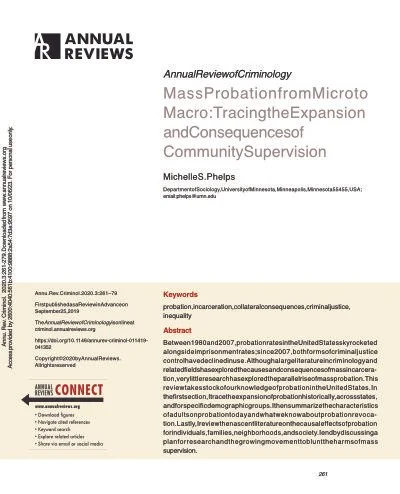by Lucy Slade and Stephen Whitehead
Almost everyone who is convicted in a court in England and Wales leaves with a bill to pay. Yet there is a striking gap in our knowledge on the most common sentencing outcome handed down by our courts: the court fine. A new report by the Centre for Justice Innovation published today (16 May 2024) seeks to address this knowledge gap. The report is called: “Where the hell am I going to get that money from?” The impact of court fines on people on low incomes.
The research, specifically conducted during this cost of living crisis, suggest that the impacts of getting a court fine are often highly disproportionate: while better off people experience only minor hardships, such as forgoing a holiday,for a significant number of those on the lowest incomes paying their court fine pushed them deeper towards unmanageable debt, destitution and significant levels of anxiety and mental anguish.
The research highlights that, contrary to the sentencing objectives of the court fine, the financial impact of fines and charges are not experienced equally by people with different levels of means. The research also found major gaps on the data collected, especially on the socio-economic status of those who are fined, meaning there is not a clear picture of who gets fined, who pays and who doesn’t (and why).
The research. The research is a comprehensive study based on a wide range of sources including interviews with 56 people with experience of fines who live on a low income; a literature review; analysis of public data on court fines; and of Citizens Advice data for clients who faced fine arrears between 2019 and 2023; and focus groups with 14 magistrates.
Findings from the data review:
Men received the majority of fines (2,534,714, 64%), with women receiving 944,547 (24%), and a further 474,557 fines issued where sex was not recorded (12%). This is in keeping with the preponderance of men in the sentencing and the criminal justice caseload more generally.
Women were proportionally more likely to receive fines than men (85% compared with 73%), in part, because they are more likely to commit the less serious offences, which result in a fine.
Of the ten offences for which fines are most often issued, women receive the majority of fines for only one of these, TV licence evasion, where they represent three quarters of people whose gender is recorded.
Key findings
Almost everyone who is convicted of a crime in a court in England and Wales leaves with a bill to pay. Over 75% of people convicted each year are sentenced to a fine. Yet while many of the offences for which fines are given are deemed “minor,” the research suggests that, for people on low incomes, the impact of fines is anything but.
A large number of the offences for which court fines are imposed are strongly linked to people’s pre-existing poverty, such as TV licence evasion.
Many of the 56 interviewees reported that the financial burdens placed on them by the court had pushed them further into debt, with some pushed into destitution and into further offending to pay off the court fine.
For some, the financial burdens took a severe toll on their mental and physical health, particularly where they faced prolonged payment periods in a never-ending cycle of payments.
While fine amount
are meant to be determined by an individual’s financial circumstances, this system did not seem to work effectively in practice.
The imposition of other non means-tested financial charges alongside the fine, such as prosecution costs, often pushed the total amount owed to the court up from something affordable to an amount that felt impossible to pay in the time allowed.
Court fine enforcement action (which is subject to less regulation than commercial credit recovery), particularly the threat of bailiffs, added further financial and wellbeing strains, especially for those already struggling to make insufficient household budgets last.
Magistrates suggested that they often felt their hands were tied, leaving them to sentence people on low incomes to fines, the magistrates knew they could not pay.
Many interviewees felt that a fine was, in theory, an appropriate punishment for the offence they committed, but the confusing processes of the current system often meant that the total amount they eventually needed to pay was seen as excessive
London: The Centre for Justice Innovation, 2024, 41p.









